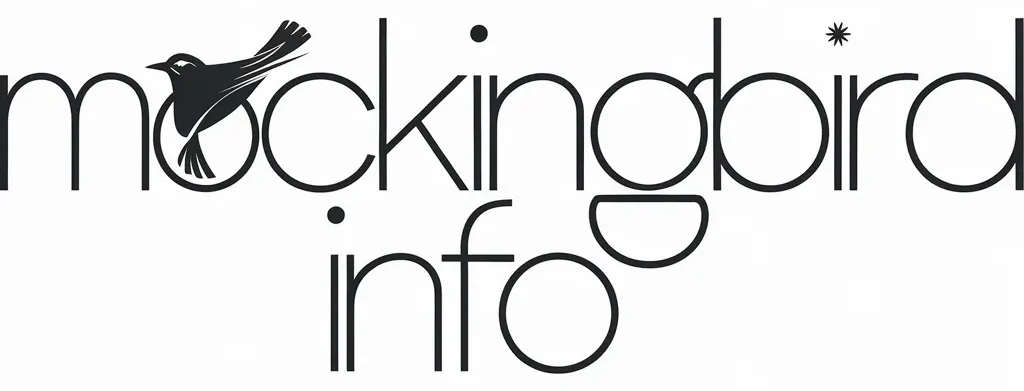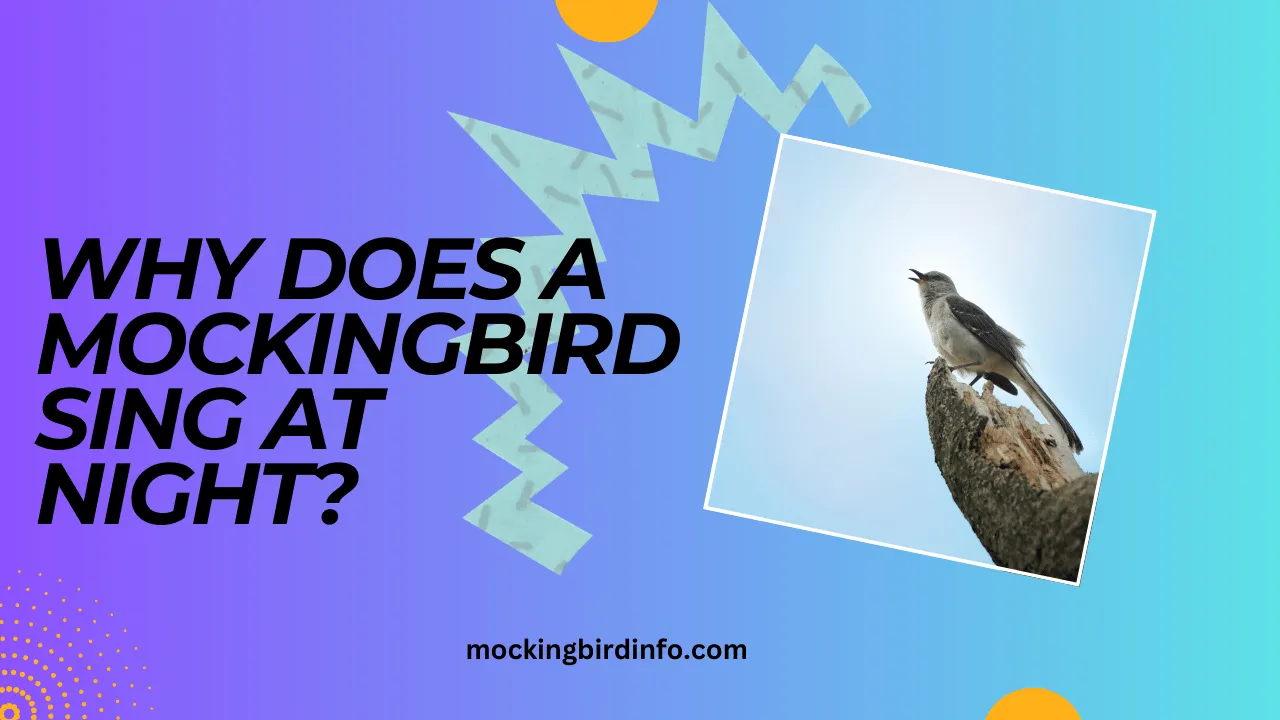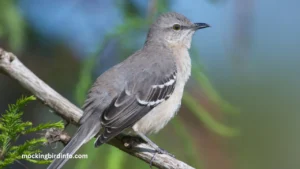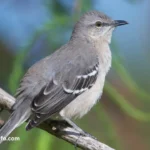If you’ve ever found yourself lying awake in the quiet stillness of the night, you may have been surprised by the sudden, unexpected sound of a mockingbird singing in the darkness. The peacefulness of the night is often broken by these birds’ complex and varied songs, which can sound both beautiful and slightly eerie.
But why does a bird sing at night when the world around it is asleep? While mockingbirds are typically known for their songs during the day, their nighttime serenades have intrigued many people for years. It may seem unusual, but the reasons behind this behavior are actually deeply tied to both biological and environmental factors.
Mockingbirds are fascinating creatures with remarkable vocal abilities, capable of imitating hundreds of different sounds, from other birds to mechanical noises. These songs are essential for their territorial defense and mate attraction.
While they are primarily known for their daytime activity, the reasons some mockingbirds choose to sing at night are complex and varied. Hormonal changes, territorial disputes, and even environmental influences like the moon and weather can all contribute to this behavior.
In this article, we will delve into why a mockingbird may choose to sing at night. From natural instincts and lunar cycles to hormonal fluctuations and territorial behaviors, there are several reasons for this nocturnal singing.
By the end, you will have a better understanding of this intriguing aspect of bird behavior and why it’s something worth paying attention to during the quiet of the night.

Contents
Natural Behavior of Mockingbirds
Mockingbirds are primarily known for their diurnal behavior. Most of the time, they are active during the day, especially in the early morning and late afternoon when they can be heard singing their beautiful songs.
These birds are highly skilled at vocal mimicry, which allows them to imitate a wide variety of sounds. From the calls of other birds to car alarms, mechanical sounds, and even human voices, a mockingbird’s song can sound like a melodic cacophony of different noises.
During the day, mockingbirds use their songs for territorial defense and to attract mates. The songs of a male mockingbird are often a sign of his fitness and ability to defend a territory, as well as a way to appeal to a female.
They are known to be territorial birds, using their songs to declare ownership over an area and warn other males to stay away.However, the nighttime behavior of mockingbirds is quite different. Generally, mockingbirds are not active at night; they typically roost and rest during these hours.
They are diurnal creatures, meaning they are naturally inclined to be active during the day and inactive during the night. Despite this, some mockingbirds break this pattern and may sing during the night. This behavior, while uncommon, has been observed in various locations, leading researchers to seek answers.
Environmental Factors Influencing Nighttime Singing
There are several environmental factors that can influence when a mockingbird sings. One significant factor is the lunar cycle. The full moon, in particular, can cause an increase in nocturnal activity in many animals, including mockingbirds.
The extra light provided by the moon allows these birds to be more active at night, which may trigger singing. A bright, moonlit night can mimic daylight conditions to some extent, leading birds to feel less confined to their usual daytime schedule.
Another factor is the weather. Mockingbirds, like many other birds, are sensitive to temperature fluctuations. Heat waves or cold snaps can disrupt their normal daily routines, causing them to become more active at night when conditions change.
For example, during unusually hot nights, birds might sing in an attempt to defend their territory or attract mates during cooler periods. Similarly, cold weather might lead birds to be more active in the late evening hours to take advantage of warmer nighttime temperatures.
Artificial light is also a growing concern. In modern cities, light pollution has become a significant issue, and its effects on wildlife behavior are profound. Mockingbirds, like many other birds, rely on natural cues like the light-dark cycle to determine their activity patterns.
The constant illumination caused by streetlights, buildings, or outdoor lights can confuse birds and disrupt their natural rhythms, causing them to sing at night when they would otherwise be resting.
Potential Reasons for Nighttime Singing
One of the most likely explanations for why mockingbirds sing at night is due to hormonal changes, especially during breeding season. Male mockingbirds experience a surge in testosterone during the spring and early summer, which leads to an increase in vocal activity.
These hormonal fluctuations may cause them to sing at unusual hours, including at night, as they seek to establish dominance over their territory and attract mates.
Another reason could be territorial defense. During times of high competition for resources or mates, mockingbirds may feel the need to defend their territories at all hours of the day and night.
Singing at night could serve as a way to assert their presence, warn off other males, or signal their dominance in the area. The nighttime song might be particularly useful in areas with higher bird density or dense urban environments, where competition is more intense.
In some cases, individual mockingbirds may simply have an inherent preference for singing at night. As with other species, individual birds can exhibit unique behavioral traits. Some mockingbirds may choose to sing at night for reasons that are purely instinctual, and not necessarily linked to hormonal changes or environmental factors.
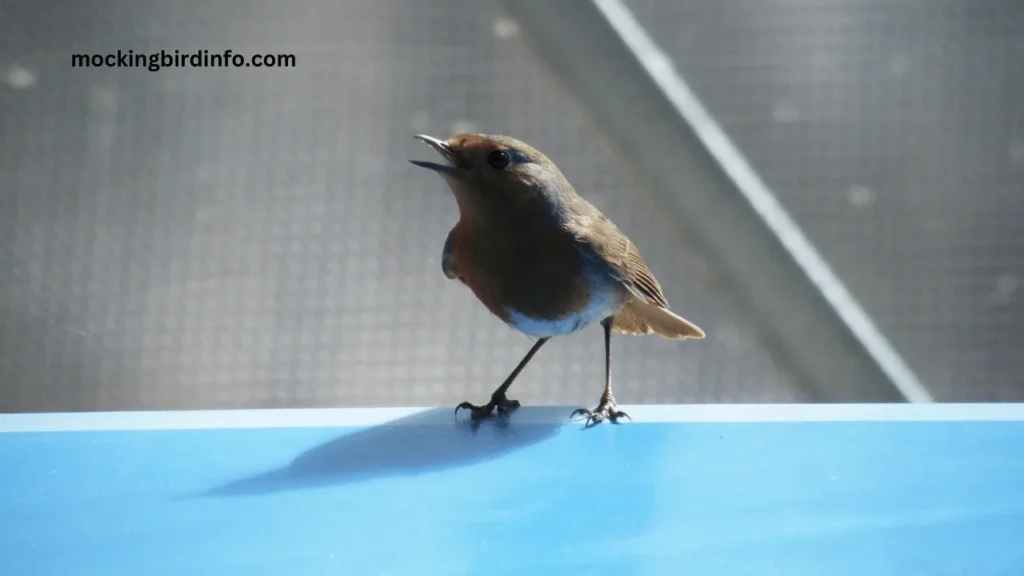
Scientific Research and Observations
While there is a wealth of research on birdsong and its role in territorial behavior and mate attraction, mockingbird nighttime singing is still not fully understood. There is limited scientific research focused specifically on this phenomenon, which leaves many questions unanswered.
Scientists have made strides in understanding the lunar influence on bird behavior, but the nocturnal songs of mockingbirds remain largely unexplored. However, citizen science and anecdotal observations from birdwatchers have been crucial in documenting these occurrences.
Many bird enthusiasts have reported hearing mockingbirds sing during the night, especially in urban areas. These observations contribute valuable insights into the potential factors that influence mockingbird behavior, and they underscore the need for more comprehensive studies in this area.
Conclusion
Mockingbird singing at night is a rare but fascinating occurrence that highlights the complexity of bird behavior. While mockingbirds are typically daytime singers, their nighttime songs can be explained by a combination of hormonal changes, territorial needs, and environmental factors such as moonlight, weather conditions, and artificial light.
This behavior may not be fully understood yet, but it reveals just how adaptable and mysterious these birds can be.As we continue to observe and study the natural world, we may gain more insights into the reasons behind mockingbird nocturnal singing.
In the meantime, it’s important to appreciate the wonder and mystery of nature around us. The next time you hear a mockingbird serenading you in the dead of night, take a moment to listen closely and think about the many possible reasons for this strange, beautiful behavior.
FAQs
1. Why do mockingbirds sing at night?
Mockingbirds may sing at night due to hormonal changes, territorial defense, or environmental influences like moonlight or light pollution.
2. Are mockingbirds nocturnal?
No, mockingbirds are diurnal, meaning they are typically active during the day and sleep at night. Their nighttime singing is an exception.
3. Do mockingbirds sing more during a full moon?
Yes, full moons can lead to increased activity and singing, as the extra light encourages birds to be more active during the night.
4. Does temperature affect mockingbird singing?
Extreme weather conditions, such as heat waves or cold spells, may cause mockingbirds to become more active at night, including singing.
5. How does artificial light impact mockingbirds?
Artificial light pollution can disrupt mockingbirds’ natural rhythms, causing them to sing at night when they would otherwise rest.
6. Do all mockingbirds sing at night?
Not all mockingbirds engage in nighttime singing. The behavior is more common in certain environments or during breeding seasons.
